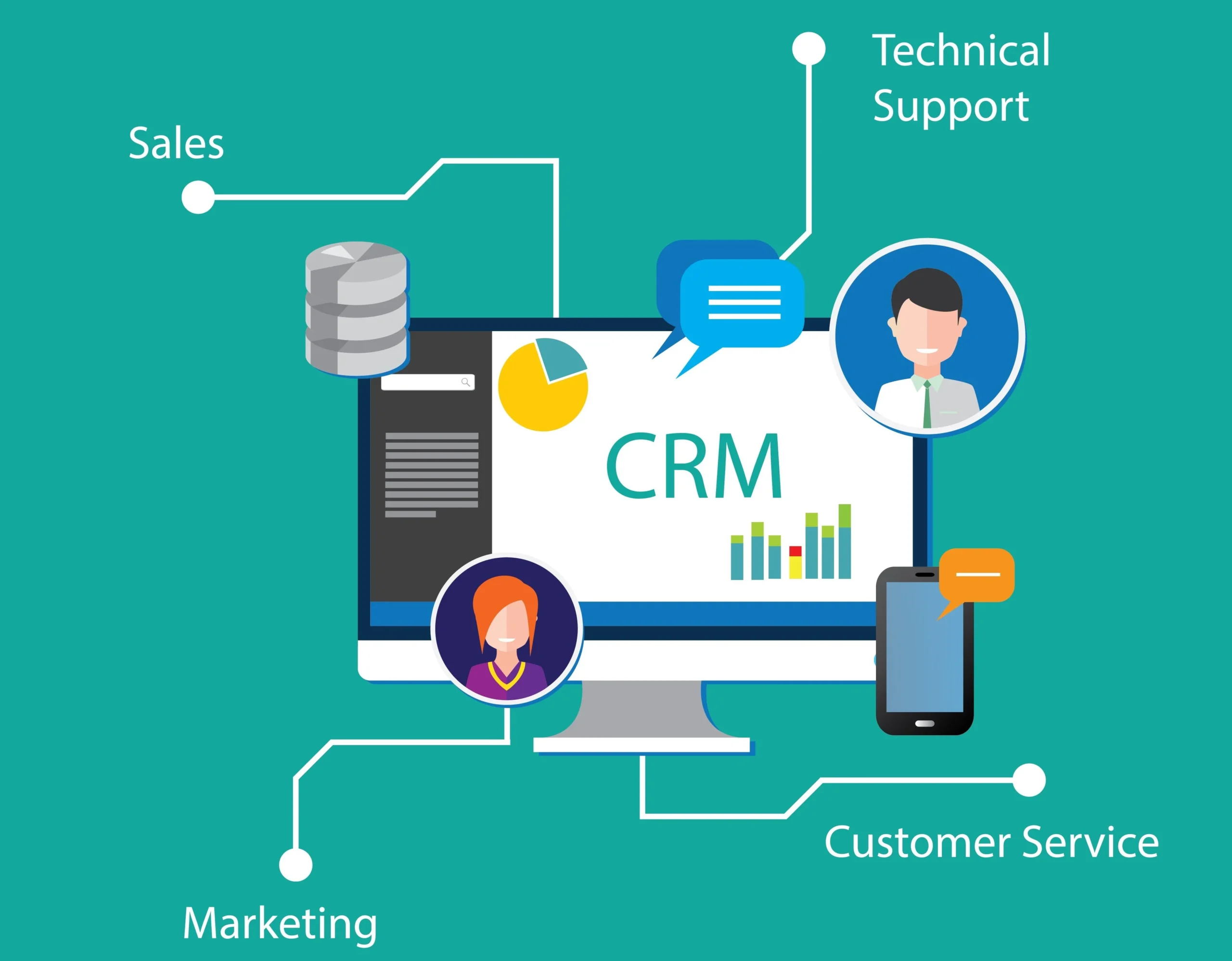In today’s competitive hospitality market, leveraging technology to enhance guest experience and increase sales is not just an advantage, it’s a necessity. Customer Relationship Management (CRM) software plays a pivotal role in this, providing tools that help businesses understand, anticipate, and respond to the needs of their guests in a personalized way. This guide explores how CRM software can transform guest interactions and drive sales, ensuring that your guests not only return but also become advocates for your brand.
Understanding CRM Software
CRM software is designed to manage a company’s interactions with current and potential customers. It uses data analysis about customers’ history with a company to improve business relationships, specifically focusing on customer retention and ultimately driving sales growth. In the context of guest houses and lodges, CRM systems serve a dual purpose: enhancing the guest experience and optimizing sales and marketing strategies.
Key Features of CRM Software for Guest Interaction
- Contact Management: At its core, CRM software maintains a detailed database of guest information, allowing you to track every interaction and understand guest preferences and requirements over time. This information can be used to tailor services and communications effectively.
- Guest Feedback and Survey Tools: Integrated survey functionalities allow you to gather direct feedback from guests about their experience. This real-time data can be used to make immediate improvements and to personalize future communications and offers.
- Personalized Communication Channels: Email, SMS, and social media integration enable you to send guests personalized messages and offers based on their preferences, previous stays, and feedback. Whether it’s a special rate for a return visit or a personalized birthday wish, these touches make guests feel valued and enhance loyalty.
Enhancing Sales with CRM
- Targeted Marketing Campaigns: CRM tools help segment your guest data, allowing you to create more targeted marketing campaigns. Whether it’s promoting off-season offers or special packages for frequent visitors, CRM makes it easy to deliver the right message to the right people at the right time.
- Sales Forecasting: Advanced CRM systems provide tools for tracking and forecasting sales. By analyzing booking trends and guest spending habits, you can better anticipate demand and adjust your marketing and pricing strategies accordingly.
- Streamlined Booking Process: By integrating with booking engines, CRM software can streamline the reservation process, making it quicker and easier for guests to book their stays. This not only improves the user experience but also reduces the likelihood of abandoned bookings.
Leveraging CRM for Operational Efficiency
- Automated Responses and Notifications: Automate standard communications like booking confirmations, pre-arrival reminders, and post-stay thank you notes. This not only saves time but also ensures that guests receive consistent communication.
- Task Management: Assign and track tasks related to guest services within the CRM. Whether it’s preparing a special room request or scheduling a late check-out, having all tasks centralized helps ensure nothing is overlooked.
- Reporting and Analytics: Use CRM-generated reports and analytics to measure the effectiveness of marketing campaigns, understand guest behavior, and make data-driven decisions to improve service and increase sales.
Conclusion
Implementing a robust CRM system can dramatically improve how you interact with guests, enhance their overall experience, and increase your sales. With the right CRM strategies, your guest house or lodge can not only meet but exceed guest expectations, ensuring they leave as both satisfied customers and potential repeat visitors.







